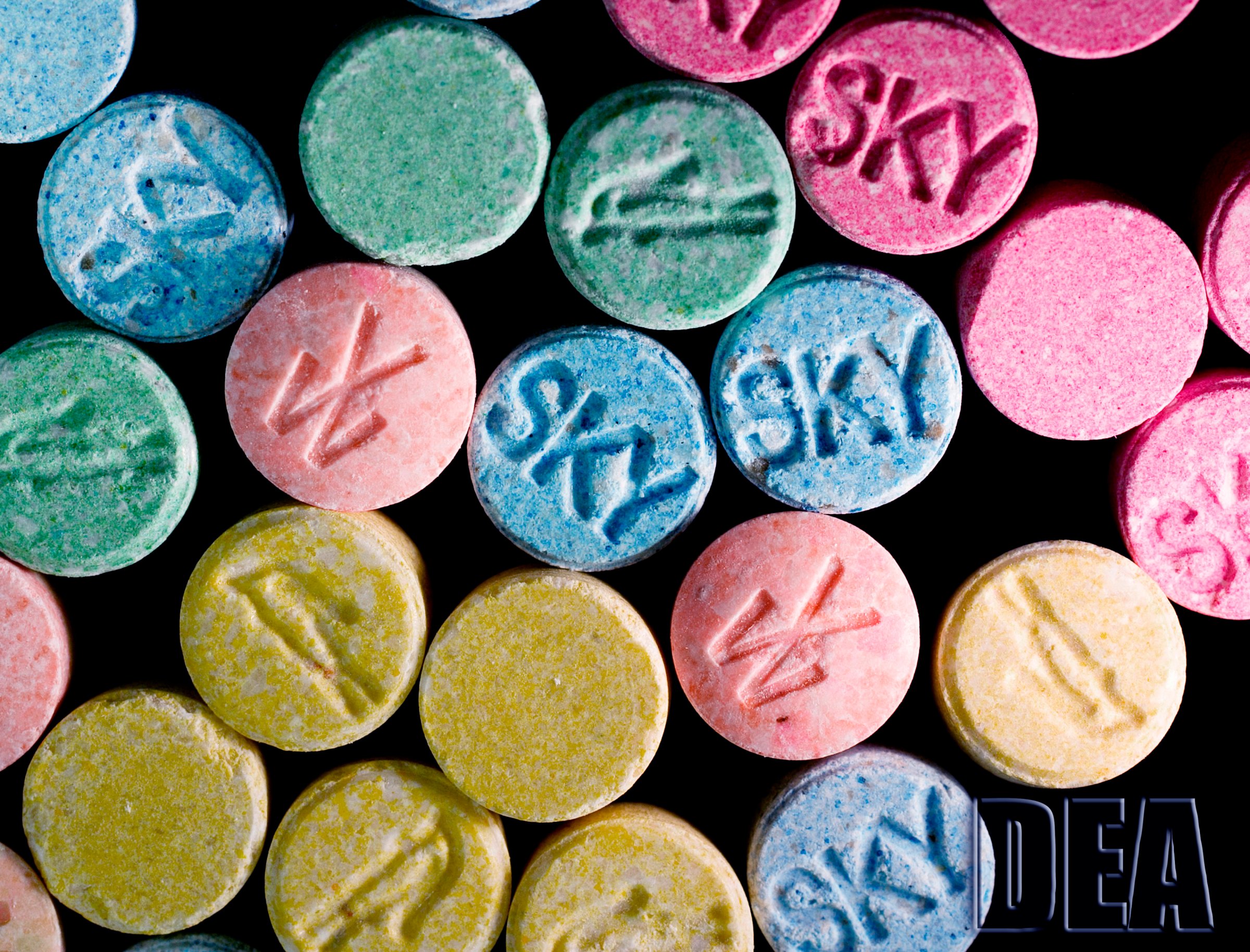
Corrected: April 5.
The oxytocin hormone is often described as the “love hormone” or “cuddling chemical,” but there might be a darker side to it. Not only does it make you feel all loved-up and happy, but also contribute to intolerance and violence, a 2011 study suggests.
In the study, professor of psychology at the University of Amsterdam Carsten de Dreu found that the loved-up feeling you get when flooded with oxytocin — which is also released by the popular party drug Molly, also known as Ecstasy or MDMA — only extends to your “in-group.”
Oxytocin, he wrote, “motivates in-group favoritism” and “derogation” of outsiders. According to the study, oxytocin had “a role in the emergence of intergroup conflict and violence.”
According to a Vice report published this week, the study’s participants — all Dutch males — were told that they had to choose five persons out of six that would gain access to a life-saving lifeboat.
The men on oxytocin were more likely to deny men with Muslim or German-sounding names access and save the men with Dutch names, while the men who were given a placebo didn’t pay attention to the origin of the names.
Correction: The original story has been updated to reflect that the study examined the effects oxytocin on behavior, not MDMA, and was published in 2011.
More Must-Reads from TIME
- Cybersecurity Experts Are Sounding the Alarm on DOGE
- Meet the 2025 Women of the Year
- The Harsh Truth About Disability Inclusion
- Why Do More Young Adults Have Cancer?
- Colman Domingo Leads With Radical Love
- How to Get Better at Doing Things Alone
- Michelle Zauner Stares Down the Darkness
Contact us at letters@time.com